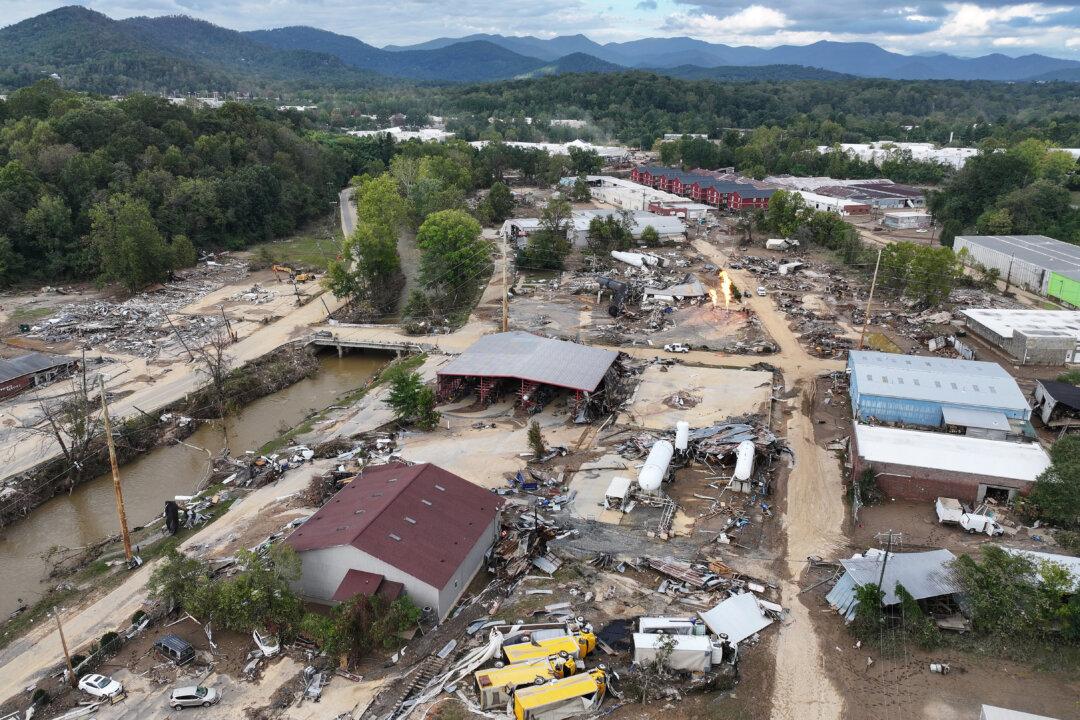President Joe Biden called elected officials of states affected by hurricanes Helene and Milton to discuss their ongoing building and recovery process a month after Helene made landfall.
These phone calls follow White House homeland security adviser Liz Sherwood-Randall’s Oct. 26 visit to North Carolina to coordinate the ongoing recovery with Gov. Roy Cooper, the Federal Emergency Management Agency (FEMA), and philanthropic partners. Although the calls were closed to members of the press, the White House released a statement outlining the federal government’s progress.





